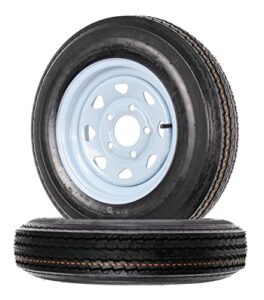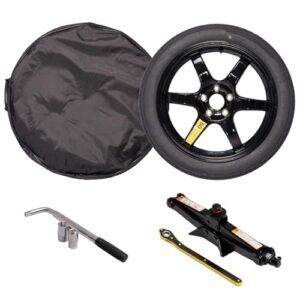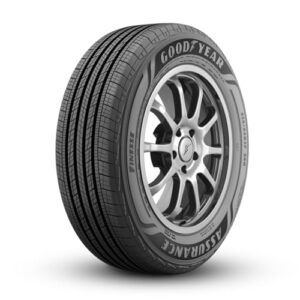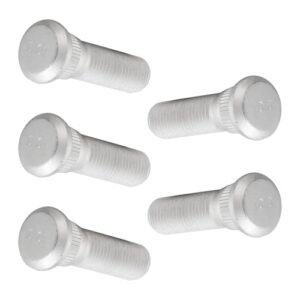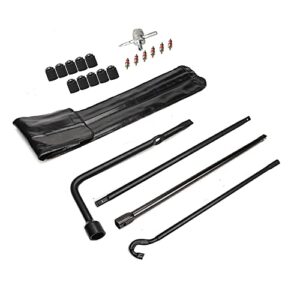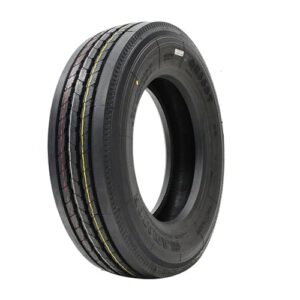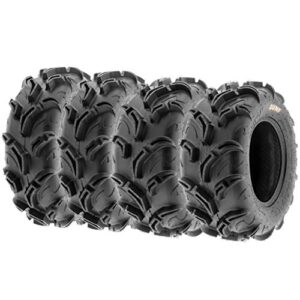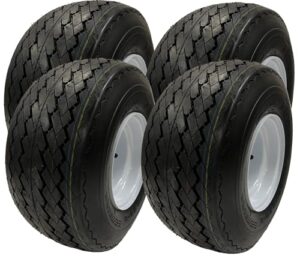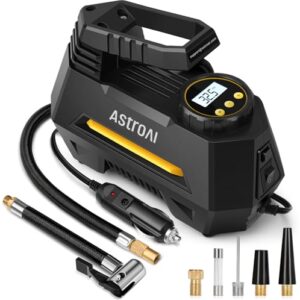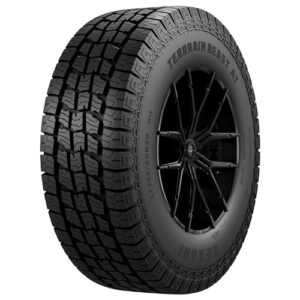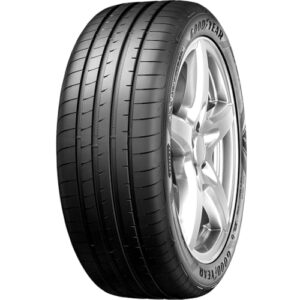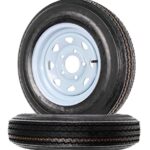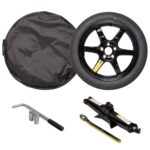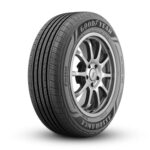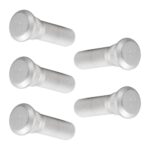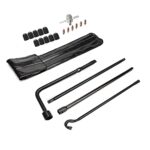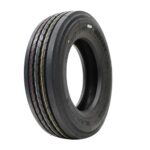To install tire chains, lay them flat in front of the tires and drape them over the tire treads. Then, connect the fasteners and tighten them securely.
Tire chains are essential for driving in snowy or icy conditions. They provide better traction and improve vehicle control. Proper installation ensures safety and increases performance. Always check the manufacturer’s instructions specific to your tire chains. Use gloves to protect your hands and ensure chains are not twisted.
Practice installing chains in a safe environment before needing them in harsh weather. Regularly inspect chains for damage or wear. Properly installed tire chains can make a significant difference in maintaining control and preventing accidents during winter driving.
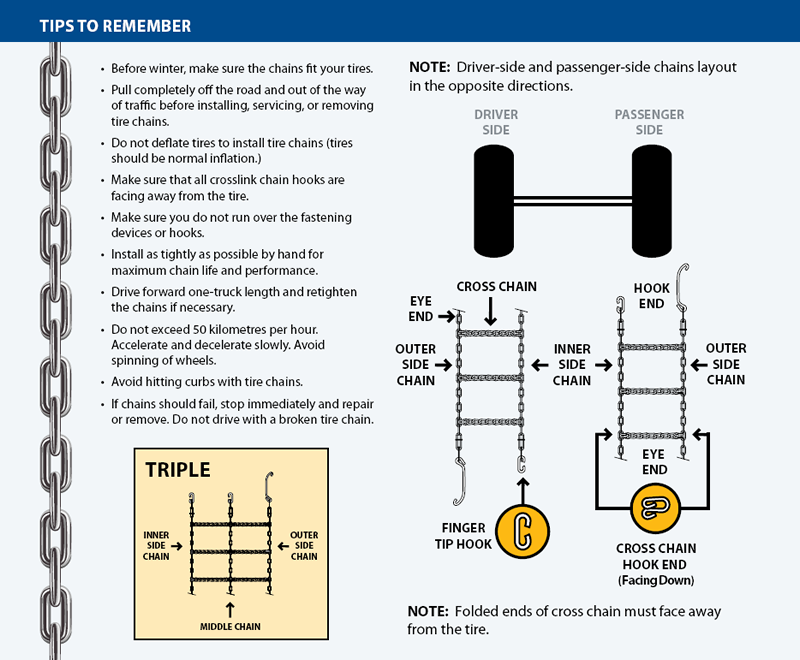
Choosing The Right Tire Chains
Installing tire chains can greatly improve your vehicle’s traction in snowy conditions. Selecting the right tire chains is crucial for safety and performance. Let’s dive into the key aspects to consider.
Types Of Tire Chains
Tire chains come in various types, each designed for different needs and conditions. Here are the most common types:
- Diamond Pattern: Offers excellent traction and smooth ride.
- Ladder Pattern: Best for off-road and deep snow.
- V-Bar: Provides grip on icy surfaces.
- Cable Chains: Easier to install and remove, but less durable.
Choose the type that best fits your driving conditions and preferences.
Size And Fit
Ensuring the correct size and fit is essential for tire chains. Follow these steps to find the perfect fit:
- Check your tire size, found on the tire’s sidewall.
- Match the tire size with the chain size on the packaging.
- Test fit the chains before hitting the road to ensure they fit properly.
Properly fitting chains prevent damage and increase safety.
| Tire Size | Recommended Chain Size |
|---|---|
| 225/60R16 | SUV Medium |
| 195/65R15 | Passenger Car Standard |
| 275/55R20 | Truck Large |
Refer to this table to ensure you choose the correct chain size for your tires.
Preparation Before Installation
Before installing tire chains, preparation is essential. This ensures a smooth and safe process. Proper preparation helps avoid any issues later. Follow these steps to get ready.
Inspecting Tire Chains
First, inspect the tire chains. Lay them out flat on the ground. Check for any broken links or twisted chains. Make sure the chains are not rusted or damaged. Ensure they match the tire size. Any damage can cause problems during use.
Gathering Necessary Tools
Gather all the necessary tools before starting. Here’s a list of what you need:
- Tire chains
- Gloves to protect your hands
- Jack to lift the vehicle (if needed)
- Flashlight for better visibility
- Mat or blanket to kneel on
Having these tools ready makes installation easier. Keep them within reach for quick access.
| Tool | Purpose |
|---|---|
| Gloves | Protect hands from cold and injuries |
| Jack | Lift the vehicle if necessary |
| Flashlight | Provide light in low-visibility conditions |
| Mat | Comfort while working on the ground |
With everything prepared, you’re now ready to install the tire chains.
Laying Out The Chains
Before installing tire chains, it’s important to lay them out correctly. This step ensures smooth installation and avoids complications. Follow these steps to get it right.
Positioning On The Ground
First, find a flat and safe area. Lay the chains on the ground next to the tires. Ensure the chains are not twisted or tangled. Align the chains so they match the tire tread pattern.
| Step | Action |
|---|---|
| 1 | Find a flat area. |
| 2 | Lay chains next to tires. |
| 3 | Ensure no twists or tangles. |
| 4 | Align with tire tread. |
Checking For Tangles
Check the chains for any tangles or knots. Untangle them carefully to avoid damage. Make sure each chain link is free and moves easily. This step ensures a snug fit on the tires.
- Examine chains for tangles.
- Carefully untangle any knots.
- Ensure links are free and move easily.
Once the chains are properly laid out, you are ready for the next steps. Proper positioning and untangling are crucial for a successful installation.
Attaching The Chains
Attaching tire chains correctly is crucial for safe winter driving. This section will guide you on how to attach the chains to your tires efficiently. Follow these steps to ensure a secure fit and optimal performance.
Securing The Inner Side
Begin by laying the chains flat on the ground. Ensure there are no twists or tangles. Drape the tire chains over the tire, centering them as best as possible.
- Move the vehicle slightly forward or backward.
- This allows the chains to wrap under the tire.
- Connect the inner side latch first.
- Make sure it is snug but not overly tight.
Check that the inner side chains are evenly distributed. This helps to prevent uneven wear and tear.
Fastening The Outer Side
Once the inner side is secured, focus on the outer side. Adjust the chains so they sit evenly around the tire.
- Use the outer latch to secure the chains.
- Tighten it until the chains are firm.
- Avoid over-tightening to prevent damage.
Make sure the chains are not too loose. Loose chains can slip or break during use.
Double-check all connections and latches. Ensure the chains are fitted correctly for maximum safety.
Tightening The Chains
Once you have placed the tire chains on your wheels, the next crucial step is tightening the chains. Properly tightened chains ensure a secure fit and optimal performance. This step is vital for both safety and efficiency.
Using Tensioners
Tire chain tensioners help to keep the chains snug against the tire. Begin by attaching the tensioners evenly around the tire. Check that the tensioners are spaced equally. This helps to distribute the tension uniformly.
After attaching the tensioners, pull them tight. This ensures there is no slack in the chains. If needed, use a tool to help tighten them further. A tight fit prevents the chains from slipping.
Double-checking Security
After tightening the chains, it is essential to double-check their security. First, visually inspect each chain link. Ensure that all links are in place and not twisted.
Next, give the chains a tug. They should feel tight and not shift. If they move, adjust and retighten the tensioners. Finally, drive a short distance and recheck the chains. This final step ensures the chains stay secure during use.
| Step | Action |
|---|---|
| 1 | Attach the tensioners evenly around the tire |
| 2 | Pull tensioners tight to remove slack |
| 3 | Visually inspect each chain link |
| 4 | Tug chains to ensure they are tight |
| 5 | Drive a short distance and recheck |
Testing The Installation
Once you have installed your tire chains, it is crucial to test them. Proper testing ensures your safety and the effectiveness of the chains. This section guides you through two essential steps to verify your installation: driving a short distance and rechecking tightness.
Driving A Short Distance
After installing the tire chains, drive a short distance. This helps the chains settle correctly on your tires. Ensure you drive on a flat surface. Avoid high speeds; keep it slow and steady.
Listen for any unusual noises. If you hear clinking or rattling, stop immediately. Check the chains for any loose ends or misalignments. A smooth ride means the chains are fitted well.
Rechecking Tightness
Once you have driven a short distance, recheck the tightness. This step is crucial for your safety. Loose chains can slip off and cause accidents.
Use your hands to feel the tension. Make sure the chains are snug but not overly tight. You should not be able to move them easily. If the chains are loose, use the tensioner to adjust them.
Repeat the process if necessary. Ensuring the chains are tight will give you confidence on snowy roads.
Safe Driving Tips
Installing tire chains is just the first step towards safer winter driving. Knowing how to drive with them is equally important. Follow these safe driving tips to ensure a smooth and secure journey on icy roads.
Speed Limitations
Driving with tire chains requires you to slow down. Always maintain a speed below 30 mph. This helps keep control over your vehicle. Higher speeds can cause the chains to break. Broken chains can damage your vehicle and create hazards on the road.
Make sure to leave extra space between your car and others. This gives you more time to stop. Remember, stopping distances increase on icy roads.
Avoiding Sharp Turns
Sharp turns can be dangerous with tire chains. Steer gently and avoid sudden movements. Sudden turns can cause the chains to slip off the tires. This can lead to loss of control over your vehicle.
Plan your route to avoid sharp turns if possible. Use gentle curves and gradual turns. This keeps the chains secure and your drive safe.
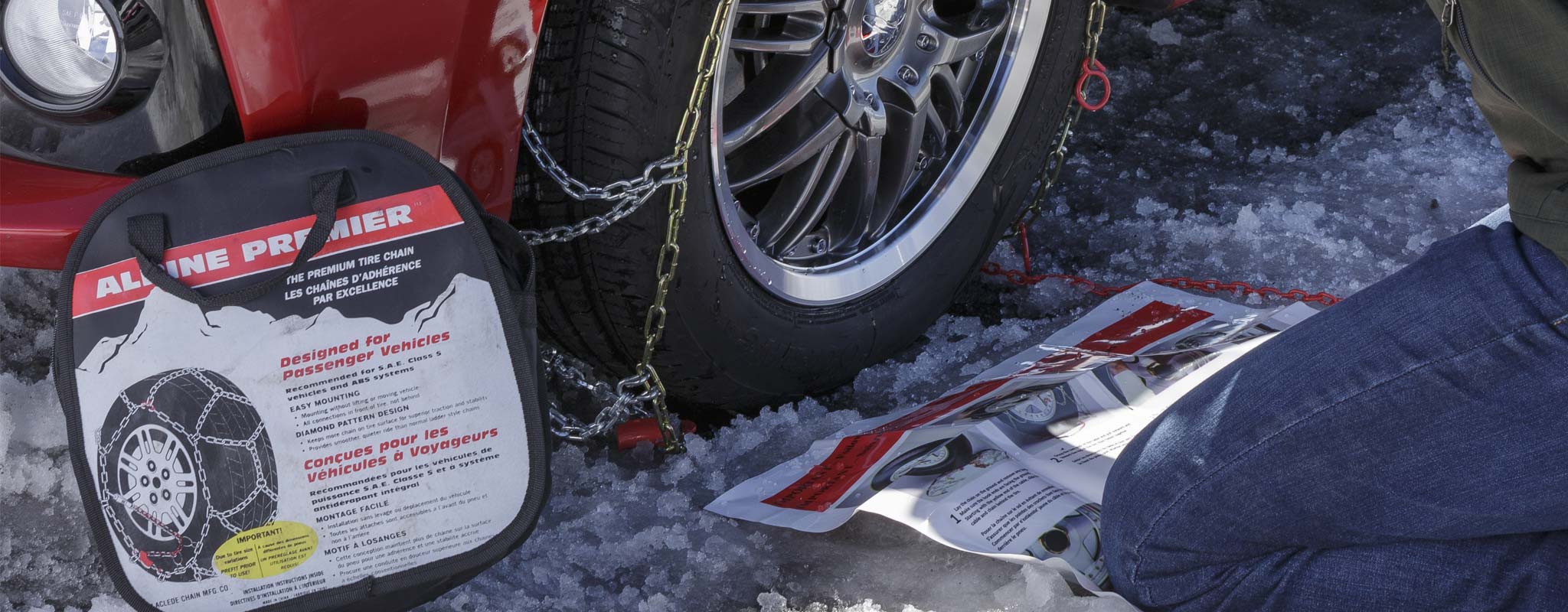
Removing The Chains
After a long drive in snowy conditions, knowing how to remove tire chains is essential. Properly removing and storing them ensures longevity and readiness for the next winter.
Unfastening Safely
First, park your car on a flat surface. Turn off the engine and engage the parking brake. This ensures your car remains stationary.
Next, wear gloves to protect your hands. Chains can be sharp and cold. Locate the fasteners on the tire chains. Typically, these are located on the inside and outside of the tire.
Unhook the fasteners gently. Avoid pulling hard to prevent damage. Carefully remove the chains from the tire, taking care not to tangle them.
Proper Storage
Before storing, inspect the chains for any damage or wear. Look for broken links or other issues. Clean the chains with a dry cloth to remove any dirt or moisture.
| Steps | Action |
|---|---|
| 1 | Inspect for damage |
| 2 | Clean with a dry cloth |
| 3 | Coil neatly |
| 4 | Store in a dry place |
Coil the chains neatly. Place them in a storage bag or container. Store them in a cool, dry place. This prevents rust and ensures they are ready for next use.

Frequently Asked Questions
How Do I Put Chains On My Tires?
To put chains on your tires, lay them flat in front of each tire. Drive forward slowly to center the chains. Secure the chains tightly, ensuring they fit snugly around the tires. Check the tension and adjust if necessary. Drive slowly and recheck the chains after a short distance.
Are Tire Chains Easy To Put On?
Yes, tire chains are generally easy to put on. Follow the instructions carefully for a smooth installation process. Practice beforehand can help.
Do You Need Chains On All 4 Tires Or Just 2?
Use chains on all four tires for optimal safety and traction. On some vehicles, chains on two tires might suffice.
Which Way Should Tire Chains Face?
Tire chains should face with the sharp side of the cross chain hooks towards the tire. Ensure they are tight and secure.
Conclusion
Mastering the installation of tire chains improves your safety in winter driving. Follow the steps carefully for a smooth process. Practice makes perfect, so don’t hesitate to try installing chains before the snow hits. Safe travels and enjoy the peace of mind that comes with being prepared.




